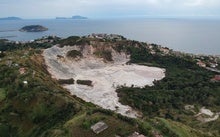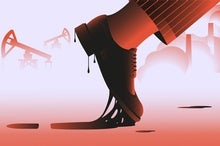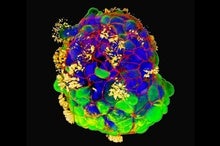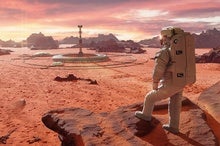Sponsored by  | |
 |
| December 08, 2023 |
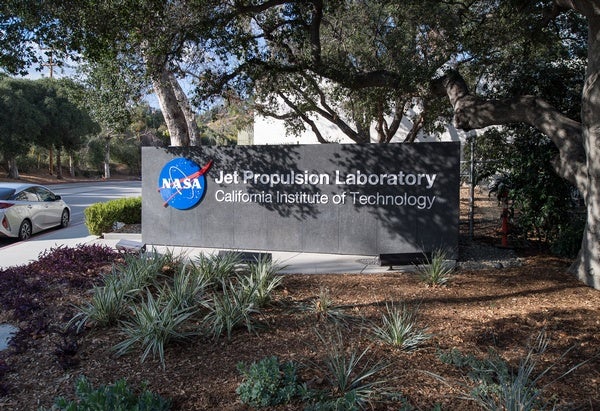 |
| |
| |
| |
| |
| |
| |
| |
| |
| Engineering Light Can Travel Backward in Time (Sort Of) Light can be reflected not only in space but also in time—and researchers exploring such "time reflections" are finding a wealth of delightfully odd and useful effects | | | | |
| |
| |
| |
| |
BRING SCIENCE HOME
 | | Chilling Science: Evaporative Cooling with Liquids | 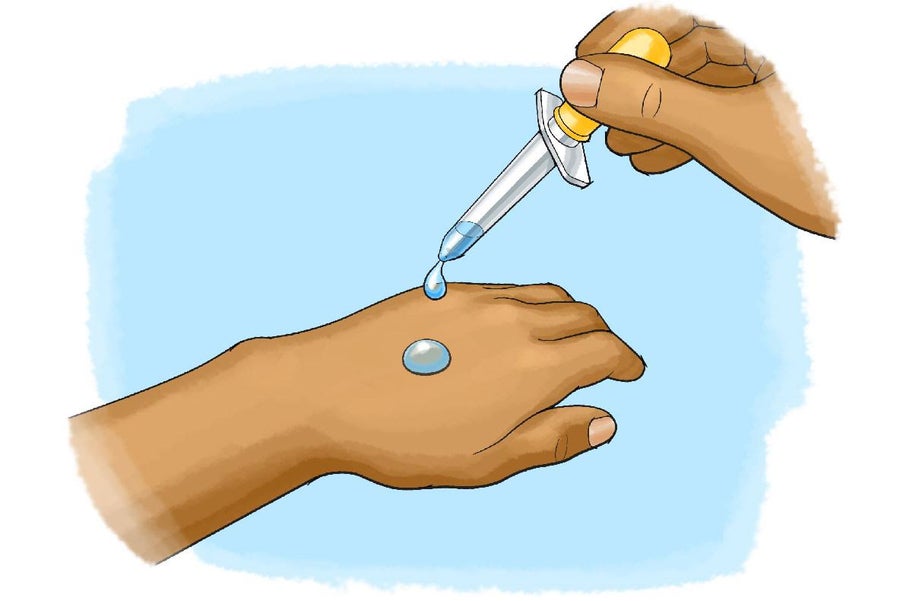 Now that's cool! Learn how to cool it down with evaporation. Credit: George Retseck | Have you ever wondered why we sweat when our environment is hot or when we exercise? Sweating is a life-saving strategy that cools the body down and maintains its temperature. Without sweating, the body cannot regulate its temperature, which can lead to overheating or even heatstroke. But why does sweating have a cooling effect? The answer is evaporative cooling. Turning a liquid such as sweat from its liquid state into a gas requires energy. This energy is taken from our body, or sweat, in the form of heat. The resulting heat transfer leads to the desired cooling effect. In this activity you can observe this cooling power in action—ready to get cool? | |  | |
LATEST ISSUES
 |
| |
| Questions? Comments?  | |
| Download the Scientific American App |
| |
| |




